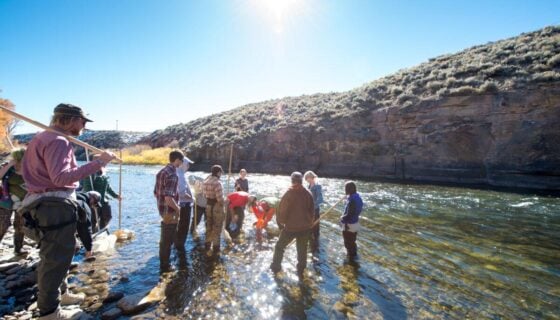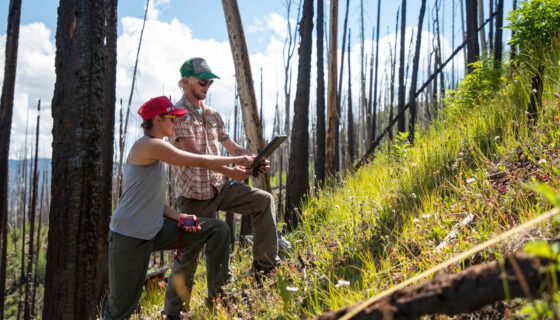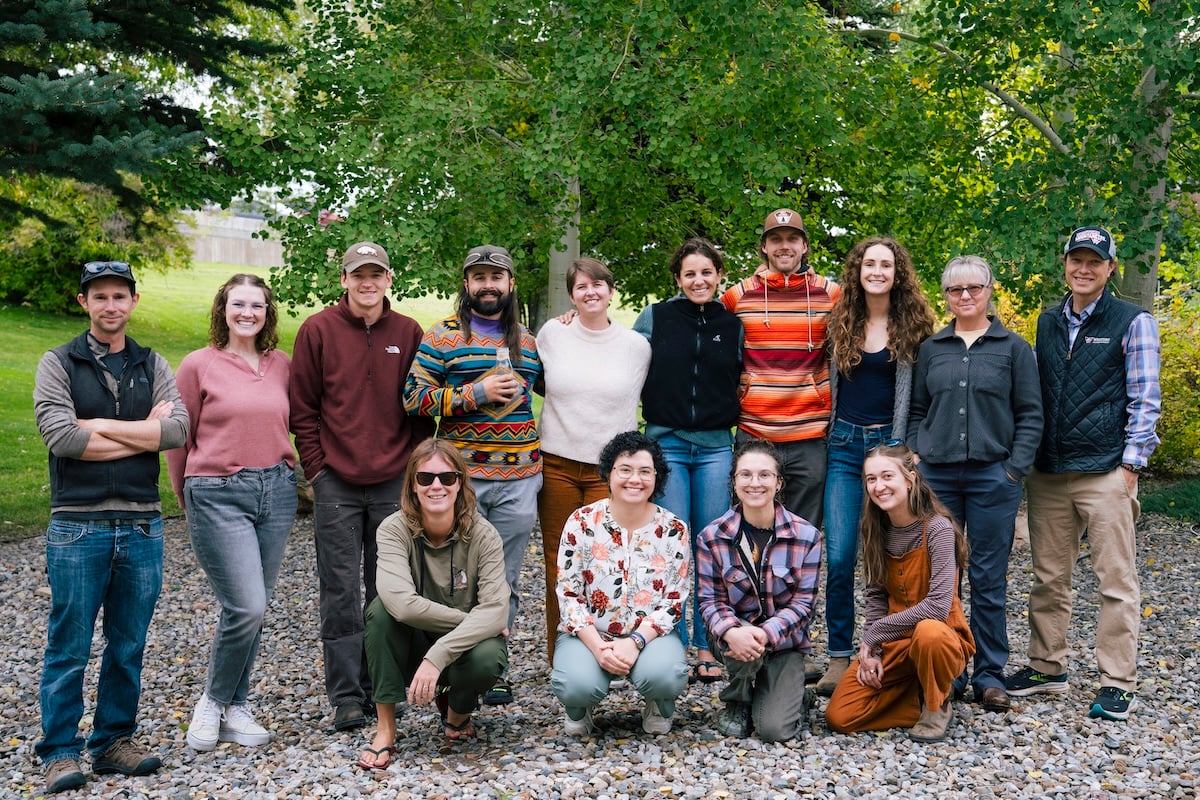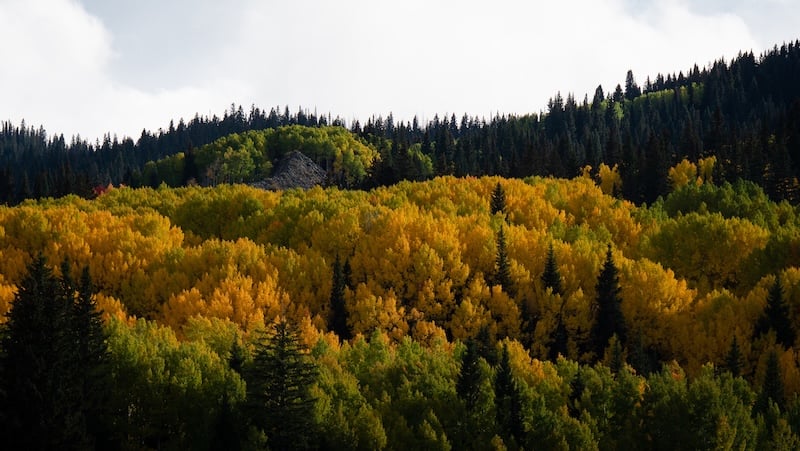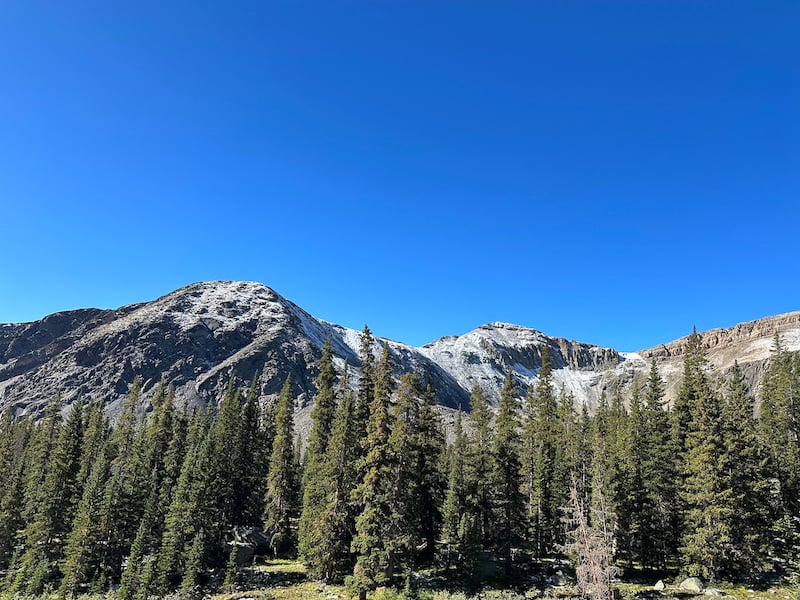Immerse yourself in ecosystems with an MS in Ecology and tackle pressing environmental challenges.
Our MS in Ecology program prepares scientists to conduct rigorous, applied research while working collaboratively with communities, policymakers, and conservation practitioners. With a strong emphasis on inclusivity and social relevance, the program trains students to produce science that informs ecosystem management, advances conservation, and supports socially just outcomes across diverse ecological contexts.


